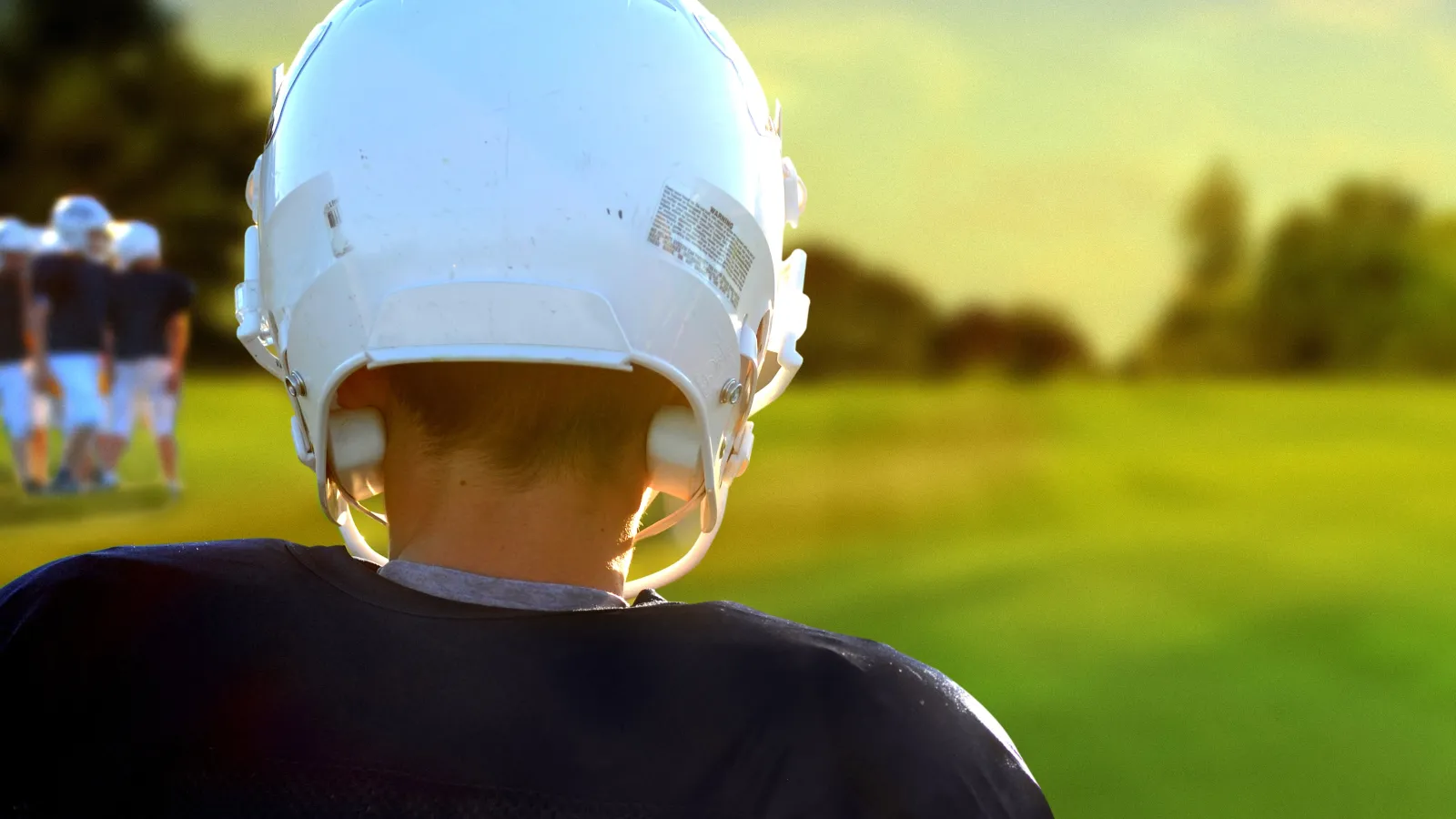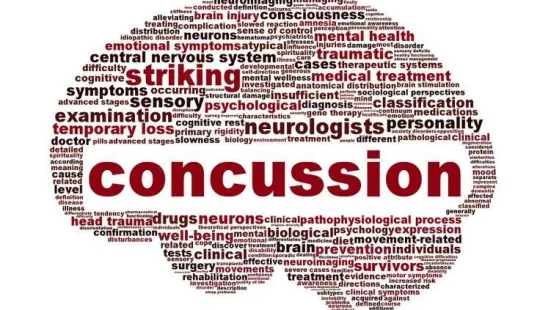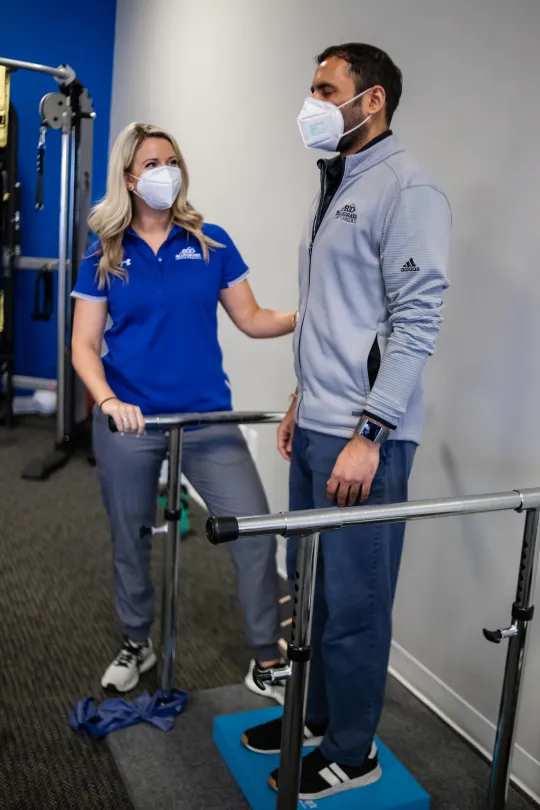
Concussion Rehabilitation
What is a Concussion?
A concussion is a type of traumatic brain injury (TBI) that occurs when direct or indirect forces to the head alter the functioning of the brain. Frequently, medical providers refer to concussion as a "mild" brain injury because the effects are usually not life-threatening.
Concussions are characterized by an array of symptoms and impairments that are highly variable. Some individuals with concussion present with headaches; while others report dizziness and motion sickness as their main symptoms; while still others complain of changes in emotion in their presentation following a concussion.
How is it Diagnosed?
Because of the complexity associated with this injury, multidisciplinary collaboration, including physicians, neuropsychologists, physical therapists, and athletic trainers are essential in complete evaluation of concussion. Recognizing a concussion can be challenging. In most cases, symptoms are the primary finding in concussion.
Sideline assessment of concussion should provide screening to identify a suspected concussion. In all suspected cases of concussion, the individual should be removed from the playing field and assessed by a physician or licensed health care provider, such as an athletic trainer or physical therapist.

How Long Does it Take to Recover from a Concussion?
Management of concussion involves a continuum of care, including detection, rehabilitation, return to participation, and prevention. Ensuring complete neurologic recovery before return to sport or high-risk activity is an overarching concept to avoid potential negative consequences of concussion.
The duration of concussion symptoms is highly variable, and may last for several minutes, days, weeks, months, or longer in some cases. A commonly-referenced statistic is that recovery is typically quick, with 90% of injured athletes returning to play within 7 to 14 days of concussion. However, more recent studies have demonstrated that recovery actually takes 3 to 4 weeks for most athletes.
How can a Physical Therapist Help?
The role of physical therapists in the evaluation and management of patients following a concussion is integral, due to cervical, balance, vestibular, oculomotor, and return to sport concerns that often accompany this injury. Physical therapy can help with balance, stability, focus, gait and mood. Your treatment plan will focus on reducing symptoms and determining the root cause of those symptoms. A significant percentage (72%) of patients who participated in an exercise rehabilitation program reported return to full daily functioning, which was significantly better than those who do not participate in concussion rehabilitation.
Bluegrass Orthopedics ensures the best care possible for those who have sustained a concussion. Our team of experienced athletic trainers and licensed physical therapists work closely with you, your referring physician, coaches and employers on your recovery. We are up-to-date with the latest research and rehabilitative techniques for treating concussions.
